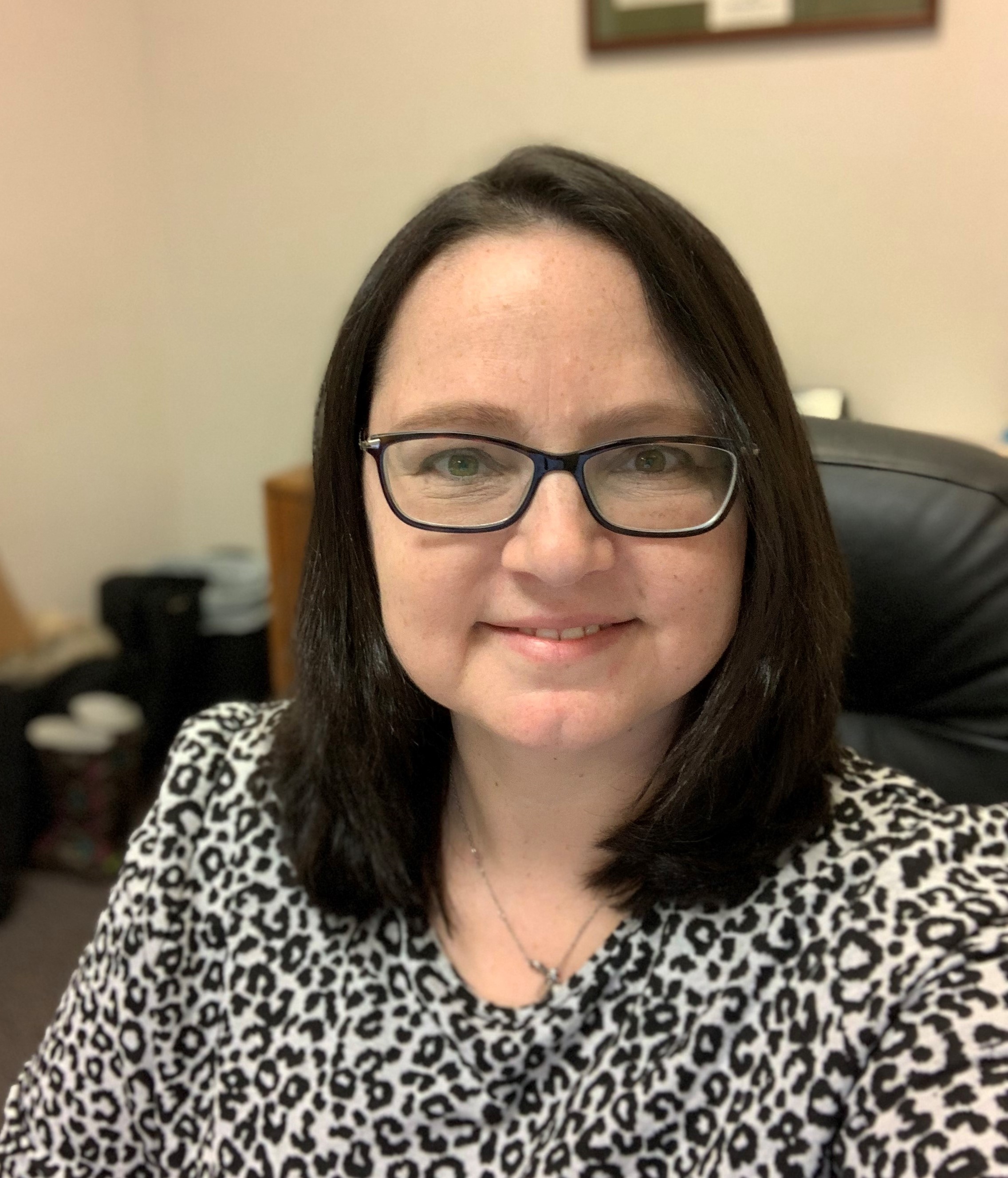Association Information
Association History
The Illinois Insurance Information Service was founded in 1958 as a non-profit organization and represents the property and casualty insurance industry (auto, homeowners, workers compensation, and commercial property and liability insurance). The original purpose of the organization was to address insurance issues by providing information to the media. This was the major function of the IIIS for the first 27 years. Then a government relations function was introduced and gradually integrated into the operation. In 1990, a consumer information component was added and now answers thousands of calls a year for consumers.
The overall mission of the IIA is to promote and preserve an open and competitive property and casualty insurance marketplace in Illinois and to foster the public's understanding of insurance and its value to the consumer and to the economy.
The IIIS as of January 1, 1997 moved its office from Chicago and is now based in Springfield. This allowed the association to focus more heavily on the government relations function. The IIIS changed its name to the Illinois Insurance Association (IIA) on February 26, 1998.
Association Purpose
To preserve and enhance a positive legislative and regulatory insurance climate in which member companies may conduct business, responsibly serve the needs of Illinois consumers, and grow and prosper in a highly competitive insurance market.
The Illinois Insurance Association (IIA) is an insurance trade association which effectively and professionally represents its member companies before the Illinois legislature, executive branch, and media. In addition, the IIA seeks to promote a greater consumer understanding of insurance products. The IIA is the property/casualty insurance industry's leader in advocating public policy positions before the media, interest groups, and political forces in the state of Illinois.
Association Mission
Preserving and enhancing a positive legislative and regulatory insurance climate in which member companies may conduct business, responsibly serve the needs of Illinois consumers, and grow and prosper in a highly competitive insurance market in the 21st century.
The antitrust laws aim to protect the public from agreements between competitors that affect the price or distribution of products while promoting fair and vigorous competition in the marketplace. The Illinois Insurance Association (IIA) member companies, as competitors in the market, will always act in their individual, competitive best interests. When member companies meet at functions, however, there are legitimate concerns about the application of the antitrust laws to their discussions. This policy statement and guidelines are intended to provide general guidance regarding the permissible areas of discussion.
Under the so-called Noer-Pennington doctrine, participants at IIA committees, seminars, and other functions are generally free to discuss individual and joint plans to influence governmental action. This immunity from antitrust liability stems from the First Amendment’s guarantees of free speech and the right to petition government. It protects discussions regarding a wide range of political activities including direct lobbying, campaign contributions, media campaigns, testimony before governmental bodies, grassroots activities, and coordination of lobbying efforts with other trade groups. The key element necessary to maintain the immunity is that the discussion must relate to plans to support or oppose legislation, regulatory action or judicial proceedings through traditional lobbying methods. While the immunity is applied to political activities even if those activities have a business impact, it does not apply to business activities simply because they have a political impact. Thus, companies may not discuss market activity to influence a governmental body nor may they discuss market response to legislation.
In order to avoid antitrust exposure for the IIA and its members, the IIA has adopted the following guidelines for its meetings. Since discussions which take place informally may also give rise to antitrust violations, these guidelines should also be kept in mind during coffee breaks, meals, social gatherings or other informal conversations. The following subjects present serious antitrust problems and should be avoided at any formal or informal meetings.
- Statistical Data and Information – Other than as permitted by state law, there should be no discussion or agreement among member companies concerning the joint development, analysis or present or future trending of historical data or the profit margins sought by insurance companies.
- Rates/Premiums – There should be no discussion or agreement among member companies about the rates utilized or premiums charged presently or in the future or any insurance products or services by any insurance companies.
- Quotations on Certain Risks – There should be no discussion or agreement among member companies with respect to the decision to quote or not to quote certain types or classes of risks. Similarly, there should be no discussion or agreement among member companies with respect to the terms upon which to insure particular risks.
- Use of Standardized Forms – There should be no discussion or agreement among member companies that require adherence to standard forms or that would result in a boycott or otherwise harm competitors using non-standard forms or offering non-standard products or coverages.
- Availability of Insurance – There should be no discussion or agreement among member companies which have the effect of limiting the availability or the types of specific insurance products or services offered by any insurance companies.
- Market Allocation – There should be no discussion or agreement among member companies allocating insurance products or dividing territories or customers.
It is the responsibility of all members, staff, and officers present at this meeting to comply with the antitrust laws. The best advice to participants at IIA meetings is to stay within the formal agenda and to avoid any informal or formal discussion relating to specific company plans.

Buren Jones, Indiana Farmers Mutual Insurance Company
2026 Chairman of the Board

Robert Zeman, Allstate Insurance Company
2026 Vice Chairman

Robert Stefanski, American International Group (AIG)
2026 Treasurer

Patrick Kennedy, Rockford Mutual Insurance Company
2026 Secretary

Craig Sepich, GEICO
2025 Director-At-Large

Kelly Edwards, State Farm Insurance
2026 Director-At-Large

John Cronin, Sentry Insurance
2025 Past Chairman of the Board

Kevin J. Martin
Executive Director

